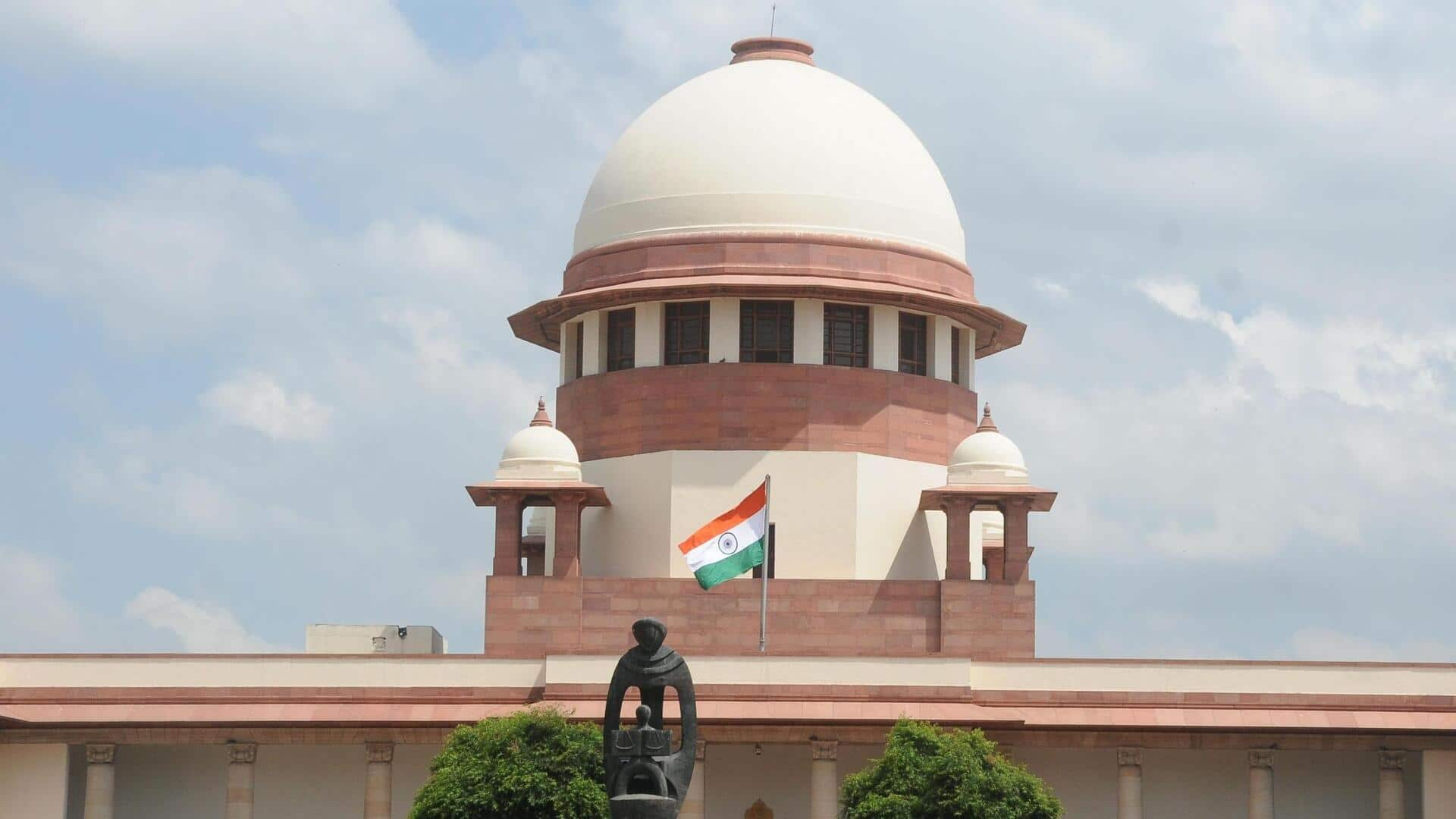
'UP madrassas can function...': SC sets aside Allahabad HC order
What's the story
The Supreme Court has upheld the validity of the Uttar Pradesh Board of Madarsa Education Act, 2004.
The decision overturns an earlier Allahabad High Court judgment that had declared the act unconstitutional and against the principles of secularism.
The bench, headed by Chief Justice DY Chandrachud and comprising Justices JB Pardiwala and Manoj Misra, found that the high court had erred in its judgment.
Education standards
Supreme Court supports regulation of madrasa education
Previously, the Allahabad High Court had asked the state government to mainstream madrasa students.
However, the SC stressed that regulating educational standards in madrasas is in line with modern academic expectations without interfering with their administration.
"The state can regulate the standards of education... regulations relating to the quality of education do not interfere with the administration of the madrasas," Chief Justice Chandrachud said.
Minority rights
Act aims to protect minority rights: Supreme Court
The bench clarified that although religious training is part of madrasa education, it doesn't make the Act unconstitutional.
However, it observed that giving degrees under Fazil and Kamil violated University Grants Commission regulations.
The court emphasized that the Act is meant to protect minority rights and ensure students are provided with adequate education to earn a decent living.
Cultural diversity
Supreme Court emphasizes on India's composite culture
The Uttar Pradesh government had backed the Act and challenged the High Court's decision.
The SC noted that secularism is "live and let live," highlighting India's composite culture.
Chief Justice Chandrachud spoke about keeping India a melting pot of cultures and religions, saying, "Religious instructions are there not just for Muslims. It is there for Hindus, Sikhs, Christians, etc."
Student relief
Ruling provides relief to 17 lakh madrasa students
The court also noted that quashing the entire law would leave madrasas unregulated and hinder mainstream integration.
The ruling comes as a relief to nearly 17 lakh madrasa students in Uttar Pradesh who were affected by the High Court's decision.